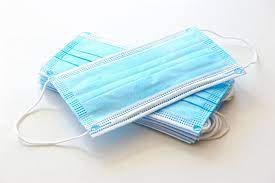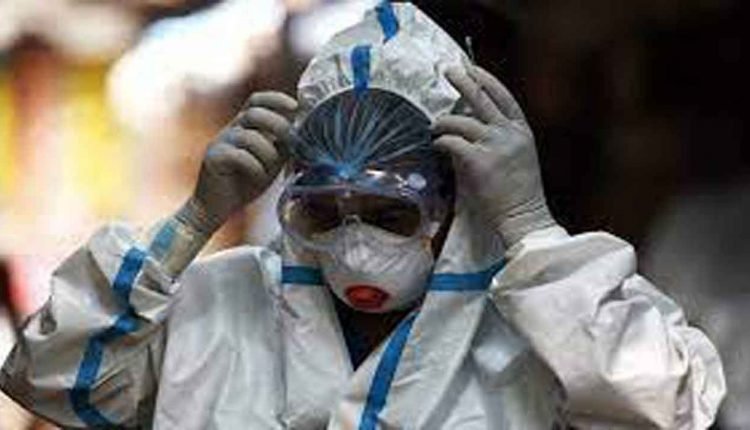N99 Masks Are 100 pc Covid Proof!!
Hyderabad, July 3: A recent Cambridge University Hospitals NHS Foundation Trust research in the UK has indicated that hospitals that adopted the use of high-grade face masks like N99 for their healthcare workers have seen 100 per cent protection against direct, ward-based Covid-19 infection.
The research, which is yet to be peer-reviewed and is available online in pre-print form, is quite relevant for India where a majority of the healthcare workers utilise a combination of surgical masks, N95 masks and other Personnel Protection Equipment (PPE) while treating Covid positive patients.
The practice of utilising high-grade FFP3 or N99 masks in hospital settings in India is relatively new and the UK study on the efficacy of high-grade masks could provide a new direction and solution for frequent instances of Covid infection among healthcare workers here.
During the first Covid wave, the healthcare workers in Cambridge University Hospitals were using surgical masks, which were quite flimsy and loose-fitting. During the second wave, they started adopting high-grade N99 masks for their healthcare workers.
The lead researcher of the study, Dr Mark Ferris, who is also a specialist in occupational health, in the research paper said ‘Our model suggests that the introduction of FFP3 respirators provided 100 per cent protection against direct, ward-based Covid-19 infection. Infections among healthcare workers caring for patients with Covid-19 may be prevented by the use of FFP3 respirators (N99), in combination with other PPE and infection control measures”.
The Cambridge study also highlights the need to understand the various degrees of protection that different masks provide. The N95 masks are the most common respirator masks utilised during the ongoing Covid pandemic. The manufacturers of N95 respirators essentially receive a certification from the National Institute for Occupational Safety and Health (NIOSH), which is part of Centres for Disease Control (CDCs).
The N95 respirators are used to filter contaminants such as dust, fumes, mists, as well as microbial agents including TB and flu virus. However, according to NIOSH/ CDC certification, N99 particulate filtering facepiece respirator filters at least 99 per cent of airborne particles.
Different types of masks:
N95/FFP2 masks:

Most common among filtering face piece respirators. It filters at least 95 per cent of airborne particles and provides certain level of protection against viruses. It should not be used when in contact with highly infectious patients. Due to shortage and costs, certain countries utilise N95/FFP2 masks for healthcare workers when FFP3 or N99 masks are not available.
N99/FFP3 masks:
At present, less commonly utilised when compared to N95 masks. However, they are very effective in protecting wearer from droplet aerosols, protein molecules, viruses, bacteria fungi and spores and even highly dangerous dusts such asbestos fibres. Protect individuals from highly infectious pathogens such as measles and TB. The CDC says that the N99 masks filters at least 99 per cent of airborne particles.
Surgical masks:

They are loose fitting and cover nose and mouth and designed for one way protection to capture body fluids leaving the persons who wear the surgical mask. They are usually used during surgery to falling of cough or sneeze particles on vulnerable patients.
Double masking:
Usually individuals wear a surgical mask and over that they wear a tight fitting cloth or cotton mask. The cloth mask on top must fit tightly over the face and is airtight at the edges. USFDA tests reveal that double-masking can reduce risk of infection by 95 per cent when compared to a simple mask.

